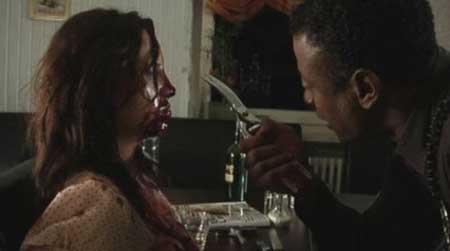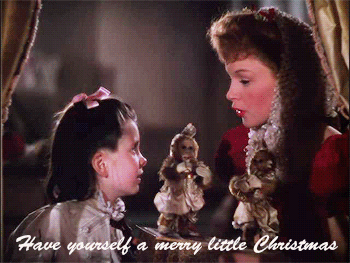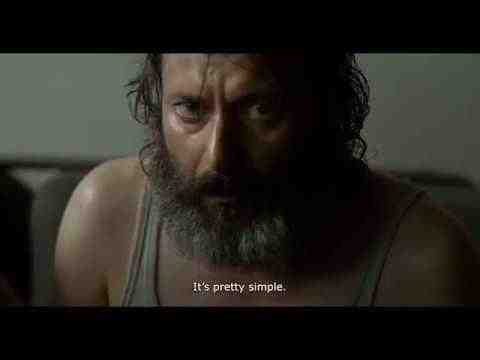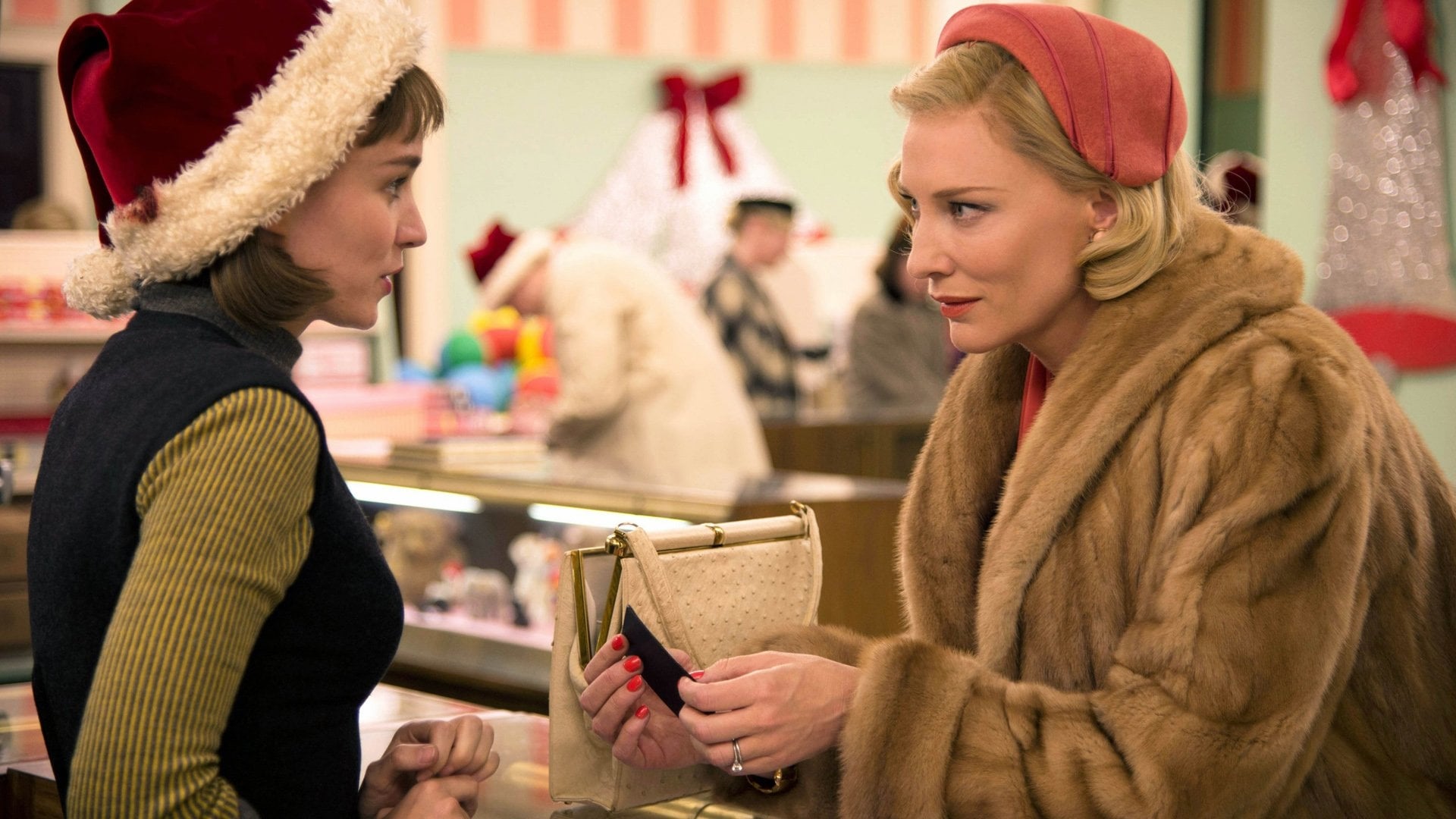I think that my definition of warfare is simply different from yours. I think of warfare as the state of engaging in military combat with an opposing force.
It is true that in the film a soldier following orders from a superior leads to a (possibly temporary) "net positive" in the sense that in that moment more lives are saved than lost.
But even if you count him delivering the message as a "win" (and I'd argue that the emotion I felt as he delivered the message was relief, not triumph), I don't think that it overcomes the message delivered by many characters throughout the film of "Why are we even here?"; "Look what this is doing to the land/people"; "We'll probably just die tomorrow"; and the trauma that is clearly being inflicted on the lead character in performing his actions.
I think that the actions of the main character do have a positive impact, but I don't think you can say anything positive about the warfare itself--namely the giant military conflict within he is operating. Especially because the problem he is solving--troops heading for an ambush--is itself part of the war. Without the warfare there is no ambush in the first place.
If a film showed a lot of people taking hard drugs and within that film a person saved another person from overdosing, I wouldn't say that was drug culture having a positive impact. I would say that it was an individual within that drug culture doing a positive thing for someone else. Not at all the same.
Whether Schofield carrying out his orders as a member of an at-war military force qualifies as him engaging in an aspect of warfare is a whole other discussion, one that I'd be happy to have later i(f necessary), but the film explicitly shows him engaging in combat by killing enemy troops at certain points, which was necessary for him to do in order to save the lives of his fellow soldiers, so that still counts as
1917 showing a positive achievement that the warfare accomplished in the film, and disqualifies it from ultimately feeling anti-war to me. At any rate, I think this disagreement is born out of the different ways that we're defining what is and isn't an "anti-war" movie, as, for me, it isn't determined at all by a spectrum of how horrifying the warfare is depicted in the film, since the horrors of war are so unavoidable in the first place.
I mean, I rewatched
Saving Private Ryan just last month, and its depiction of its warfare is far more graphic and intense than not only
1917's, but also any other War movie I've ever seen, with an overwhelming level of gore that probably would've nabbed the film an NC-17 rating if it hadn't had the historical justification for it, and a story that involves a bunch of main characters dying in order to to reluctantly save one random total stranger, and I still don't consider it to ultimately be an anti-war film because its warfare ends up saving Ryan so he can live a "good", long life, so if that doesn't qualify, it wouldn't make sense for me to include another War film where
one character dies in the process of saving 1,600 (including his own friend's brother), y'know?







